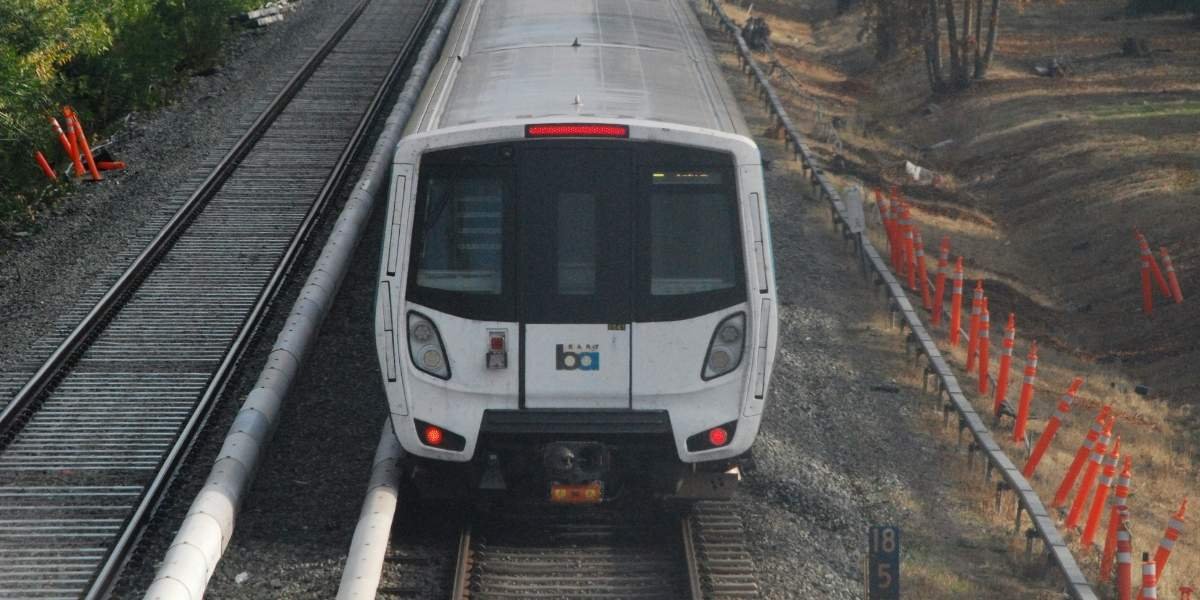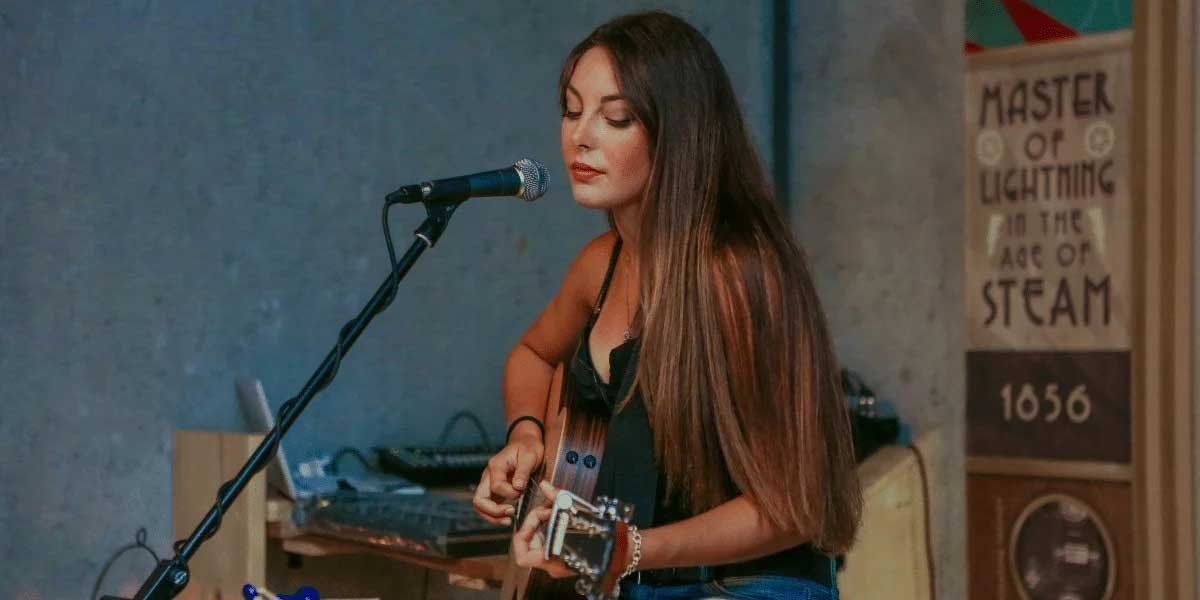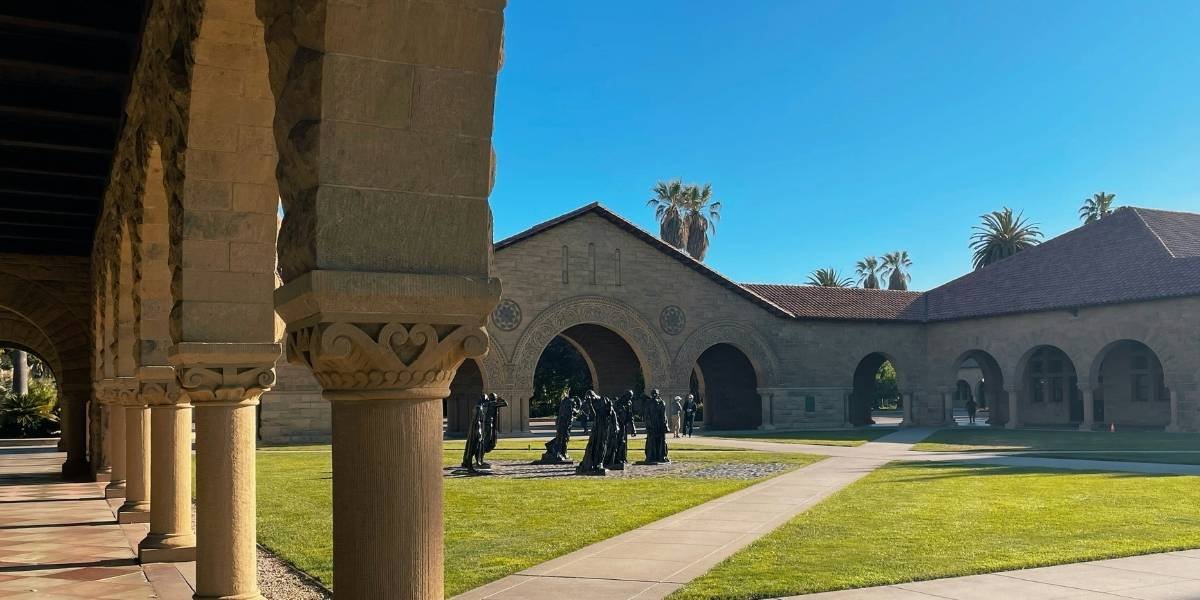By: Nancy Wallace
Tejas Desai has consistently sought to push the boundaries of fiction. Recently, he released Bad Americans: Part I (The Human Tragedy Book 2), the second volume in his ambitious series The Human Tragedy. Desai, who has received recognition for his crime trilogy The Brotherhood Chronicle and his first short story collection Good Americans, now turns his focus to one of the significant events of recent times: the Covid-19 pandemic.
Marketed as “The Great American Pandemic Novel,” Bad Americans presents a fresh take on contemporary fiction. Part novel, part short story collection, the book merges ancient storytelling traditions with modern cultural influences, creating a nuanced tapestry of narratives that reflect the complexity and challenges of 21st-century America.
A Modern Decameron for a Pandemic Era
The premise is both familiar and inventive. It’s the summer of 2020, New York City is in lockdown, and twelve Americans from dramatically different backgrounds are selected through a dating app competition organized by billionaire Olive Mixer. The prize: a 12-night stay at his lavish Hamptons mansion. Each day, the guests interact, compete, flirt, argue, and form fragile alliances. Every night, one of them must tell a story.
The format draws inspiration from Giovanni Boccaccio’s The Decameron and Geoffrey Chaucer’s The Canterbury Tales, which both use a frame narrative to unify multiple independent stories. Yet Desai brings a modern twist to the structure, drawing from reality TV shows like The Bachelor and Big Brother. The result is both playful and thoughtful: a reality-TV-inspired setup that serves as a vehicle for stories that are deeply human, often realistic, and at times thought-provoking.
Part I: Six Americans, Six Perspectives
Bad Americans: Part I introduces readers to six of the twelve guests’ stories. The characters telling their tales include: Andrea Mendoza, a front-line nurse; Taylor Williams, a conservative ex-Army lieutenant; Cathy Wei Quan, an idealistic social work student; Ricard Shaw, a QAnon-influenced biker; Rashan Hall, an elementary school teacher; and Nalini Shah, a privileged lawyer.
Each character not only participates in the group’s dynamics but also tells a story—ranging from deeply personal to broader social commentaries. These stories spark passionate debates among the characters, reshaping their views of one another and transforming the group’s dynamics.
The stories are more than just distractions. They form a layered portrait of America during the pandemic, capturing themes such as race, class, gender, conspiracy theories, politics, and personal trauma. Each narrative can stand alone, yet together they create a more comprehensive depiction of American life during this challenging time.
Innovation in Content and Form
Desai is quick to point out that his vision for Bad Americans began long before Covid-19. As early as 2001, while studying abroad at Oxford University, he immersed himself in The Decameron and began contemplating writing a modern frame narrative. Over the years, that idea evolved, eventually aligning with the reality of the pandemic, which had a profound impact on his neighborhood in Queens, New York.
The book’s release strategy reflects his desire to innovate. Rather than releasing the novel in a single volume, Desai chose to split the book into two parts, with each of the 12 embedded stories being released separately as eBooks before the full frame narratives, similar to how musicians release singles ahead of an album. This approach builds anticipation while allowing each story to be appreciated in its own right.
“I think of Bad Americans as a larger literary concept album,” Desai explains. “Each story functions independently, but together they create something more intricate and multifaceted.”
Breaking New Ground in American Fiction
The project is ambitious in both structure and scope. Bad Americans tackles a broad range of issues—mortality, morality, privilege, immigration, conspiracy, compassion, and sacrifice—while also grappling with the question of how to tell stories in times of crisis. Desai worked with beta readers from diverse backgrounds to ensure authenticity in depicting the professions, races, sexualities, and social classes of his characters. The result is a work that resonates with realism and cultural relevance.
Desai’s previous works, including Good Americans (2013), have earned praise for their depth and ambition. His crime novel The Dance Towards Death won multiple literary awards. With Bad Americans, Desai continues to challenge the norms of modern literature, positioning himself as a bold chronicler of contemporary American life.
A Vision Inspired by Balzac
The Human Tragedy series is Desai’s answer to Honoré de Balzac’s La Comédie Humaine, the extensive 19th-century cycle that captured the full spectrum of Parisian society. Desai aims to do the same for New York City and America in the 21st century. Good Americans delved into the underbelly of society following 9/11 and the Great Recession. Bad Americans broadens its scope, integrating both “high” and “low” America, offering a narrative that is simultaneously broad and intimate.
“Balzac is my greatest influence,” Desai says. “My goal with The Human Tragedy is to create a vivid, suprarealistic portrait of our time—one that future generations may look back on as a definitive reflection of early 21st-century America.”
Looking Ahead
While Bad Americans: Part I is now available, Part II is already in the works, set to feature six new storytellers with equally compelling tales. Together, the two volumes promise to deliver one of the ambitious literary undertakings of the decade.
For now, readers can immerse themselves in Part I, a book that challenges conventional notions of fiction. Blending ancient literary traditions, pandemic-era realism, and modern cultural critique, Tejas Desai’s Bad Americans offers more than a novel—it is a mirror held up to society, asking us to confront who we are and the kind of world we want to build.
You can find Bad Americans shining on Amazon—don’t miss this groundbreaking read.













